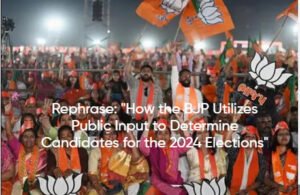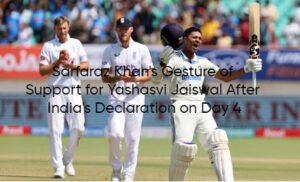“Supreme Court to Decide on Validity of Electoral Bonds Scheme; Decision Expected Shortly on Political Funding”
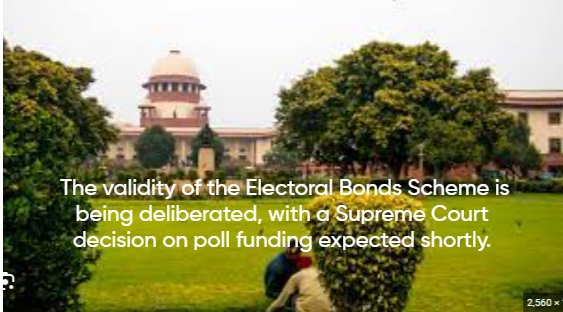
Electoral bonds function as a financial tool enabling individuals and corporations to contribute funds to political parties discreetly, maintaining anonymity regarding their identities.
New Delhi: Today, the Supreme Court is set to deliver its verdict on a series of petitions challenging the validity of the electoral bonds scheme. Presided over by Chief Justice DY Chandrachud, a five-judge Constitution bench had reserved its judgment on November 2 last year. Introduced by the government on January 2, 2018, the electoral bonds scheme aimed to replace cash donations and enhance transparency in political funding.
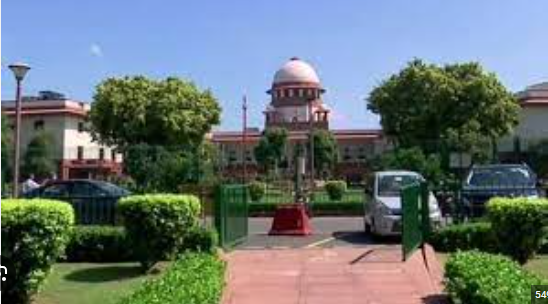
The scheme allows individuals and businesses to contribute funds to political parties discreetly, maintaining anonymity regarding their identities. Any citizen of India or entity incorporated or established in the country can purchase electoral bonds under the scheme. These bonds are available in various denominations ranging from ₹ 1,000 to ₹ 1 crore and can be obtained at all branches of the State Bank of India (SBI). Additionally, these donations are interest-free.
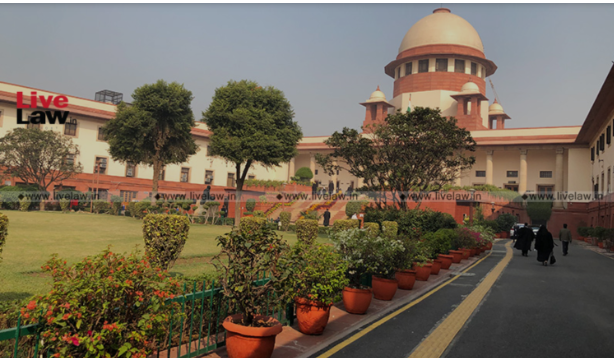
The petitioners contend that the electoral bonds scheme undermines citizens’ right to be informed about the sources of funding for political parties, which is a fundamental right under Article 19(1)(a) of the Constitution. Senior advocate Prashant Bhushan, representing the petitioners, argued last year that the “opaque” and “anonymous instrument” promotes corruption.
Arguments:
Ahead of the Supreme Court’s November hearing, Attorney General R Venkataramani argued that Article 19(1)(a) does not guarantee citizens an absolute right to information regarding the source of funds used for political party funding through electoral bonds. He stated that the electoral bond scheme promotes transparency and the use of clean money in elections. Nevertheless, Mr. Venkataramani maintained that there are limitations to the right to information, emphasizing that it cannot be an unrestricted right to know “anything and everything.”

Statistics:
As per a PTI report, in the financial year 2022-23, the BJP amassed nearly ₹ 1,300 crore through electoral bonds, whereas the Congress received seven times less during the same period.
“The scheme in question provides confidentiality to the contributor, promoting the use of clean money in political contributions and ensuring compliance with tax obligations. Therefore, it does not violate any existing rights,” he had stated.
The BJP’s total contributions for the year amounted to ₹ 2,120 crore, with electoral bonds constituting 61 percent of this sum. In the previous financial year, 2021-22, the BJP’s total contributions stood at ₹ 1,775 crore. The party’s total income for 2022-23 was reported to be ₹ 2,360.8 crore.
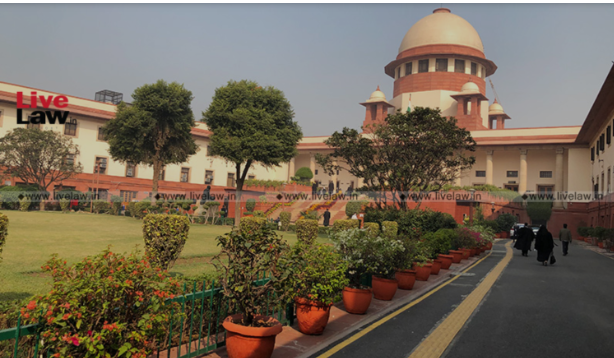
On the contrary, the Congress witnessed a decrease in earnings from electoral bonds, securing ₹ 171 crore in 2022-23, down from the ₹ 236 crore it received in the financial year 2021-22.
Additional Information:
Only political parties registered under Section 29A of the Representation of the People Act, 1951, and those securing not less than 1 percent of the votes in the last Lok Sabha or state legislative assembly elections are eligible to receive electoral bonds. Moreover, these bonds can only be encashed by eligible political parties through an authorized bank account, as specified in the notification.

In April 2019, the Supreme Court declined to stay the electoral bonds scheme, emphasizing the need for a comprehensive hearing due to “weighty issues” raised by both the Centre and the Election Commission. The current Constitution bench, comprising Justices Sanjiv Khanna, BR Gavai, JB Pardiwala, and Manoj Misra, commenced hearing arguments on October 31 last year. Among the petitioners were Congress leader Jaya Thakur, the Communist Party of India (Marxist), and the NGO Association for Democratic Reforms (ADR).
